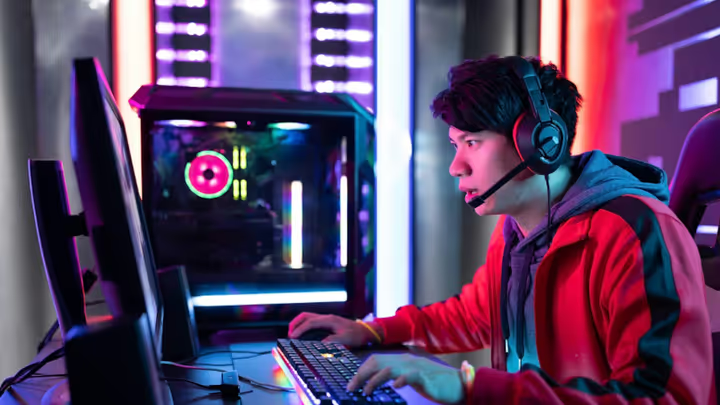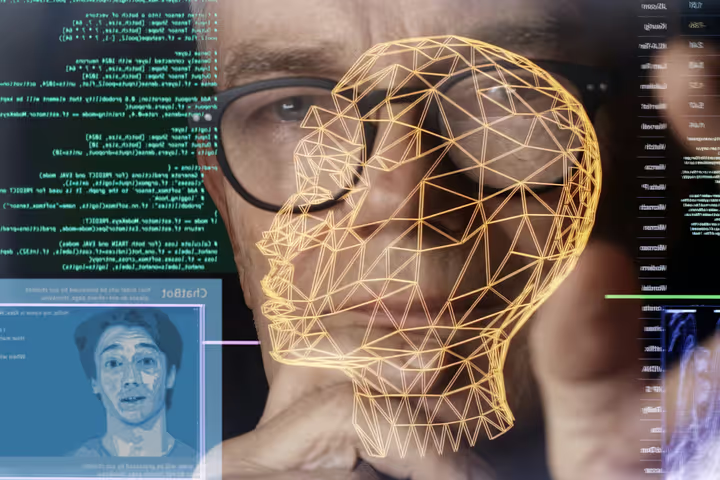AI in Orbit: Autonomous Systems Powering the New Space Race
Discover how AI-powered autonomous systems are revolutionizing space exploration, from satellite management to Mars rovers in the new space race.

Is artificial intelligence the new engine propelling humanity’s push into space?
As space exploration accelerates, AI-driven autonomous systems are emerging as critical players—enabling spacecraft, satellites, and rovers to make real-time decisions far beyond Earth.
From navigating distant planets to managing satellite constellations, AI is transforming the space race into an era of smart, self-reliant exploration.
The Role of Autonomous AI in Space Missions
Space presents extreme challenges: vast distances, communication delays, and unpredictable environments. Human control from Earth is limited by latency and bandwidth, making autonomous AI systems essential.
These systems can:
- Pilot spacecraft independently
- Detect and repair faults without human intervention
- Optimize mission parameters on the fly
- Analyze sensor data to adapt to unexpected situations
NASA, ESA, and private companies like SpaceX and Blue Origin are investing heavily in AI-powered autonomy to increase mission success and reduce risks.
Satellites and Swarms: AI Managing Space Traffic
The explosion of satellite constellations—like Starlink and OneWeb—has created crowded orbits. AI-driven traffic management is key to:
- Prevent collisions
- Optimize orbital paths
- Coordinate communication networks
- Extend satellite lifespan through predictive maintenance
Autonomous satellite swarms can collaborate, distribute workloads, and adapt dynamically to changing conditions, enhancing efficiency in orbit.
Robotics and Rovers: AI on the Final Frontier
Mars rovers like Perseverance utilize AI to autonomously navigate rugged terrain and select scientifically valuable samples. Future missions aim to:
- Deploy autonomous robots for lunar base construction
- Enable spacecraft docking without manual control
- Support in-situ resource utilization with AI-guided systems
These autonomous capabilities reduce reliance on Earth-based commands and accelerate exploration timelines.
Challenges and Ethical Considerations
Despite its promise, AI in space faces hurdles:
- Verifying AI decisions in unpredictable environments
- Ensuring fail-safe mechanisms in critical missions
- Addressing the risk of autonomous system failures or unintended behaviors
- Considering the militarization of autonomous space systems and the implications for space security
Balancing innovation with caution is essential as AI assumes more control in orbit.
Conclusion: Autonomous AI—The New Frontier of Space Exploration
As humanity pushes deeper into space, AI-powered autonomous systems will be our vital copilots—handling complex tasks where humans cannot intervene.
The new space race is not just about rockets and astronauts; it’s about intelligent machines navigating the cosmos, opening new horizons for discovery and commerce.


